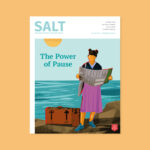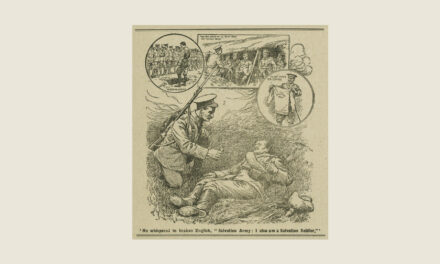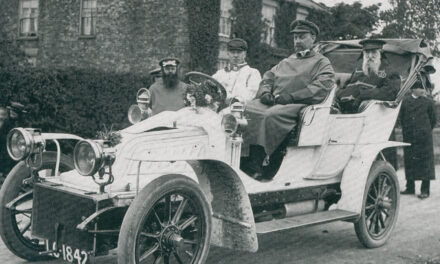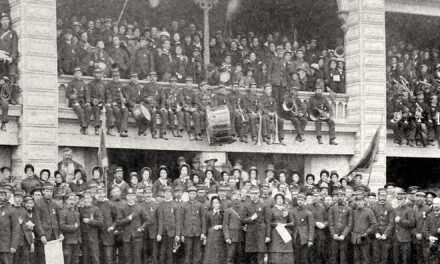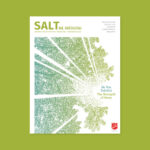
The General and The Jungle Book
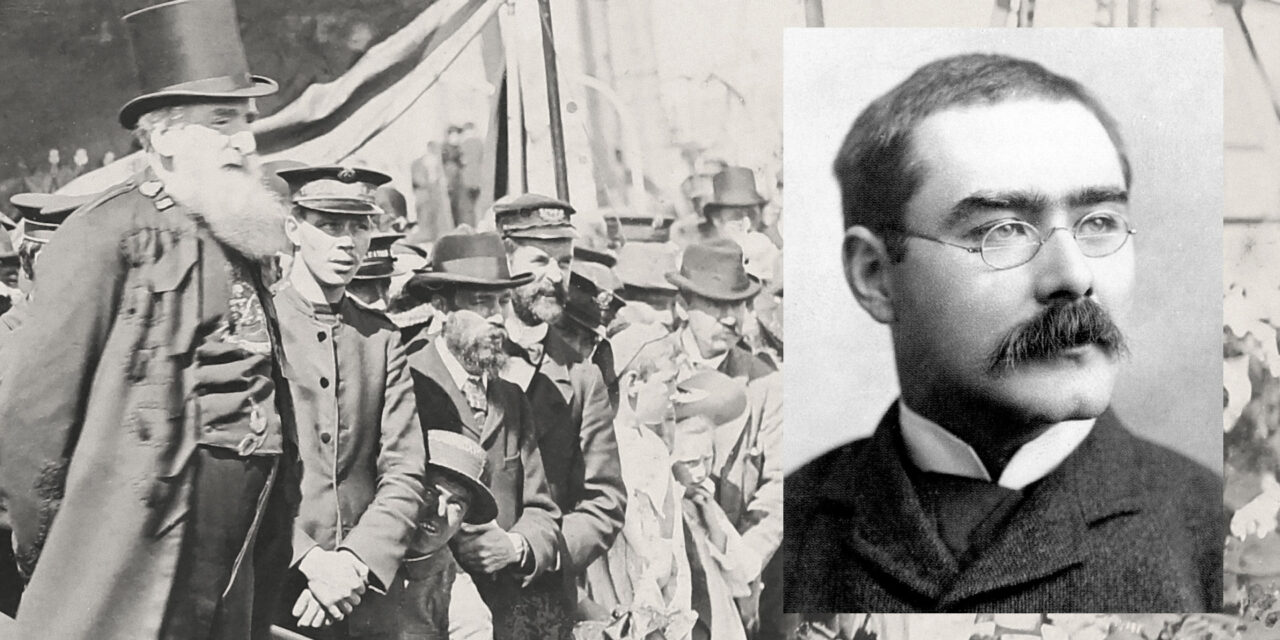
Photo: General William Booth in New Zealand, 1899. Inset: Rudyard Kipling, from the biography Rudyard Kipling by John Palmer
The Salvation Army has a rich and varied history which is preserved at the Heritage and Archives Centre (Plowman Research Centre). This edition looks at the meeting of General William Booth and famous author Rudyard Kipling on a ship sailing from New Zealand to Australia in 1891.
Joseph Rudyard Kipling was a prominent author in the late nineteenth and early twentieth centuries, with his most famous work being the Jungle Book novels, as well as a number of short stories and poems. He was born in 1865 in what was known at the time as Bombay, India, after his parents had travelled there from England. His time in India inspired his writing, and Kipling spent much of his life there and worked on a number of publications as a journalist.
At the same time as Kipling’s birth, William Booth had moved to London and was beginning to conduct evangelical meetings in the East End. It was from this outreach ministry that the East London Christian Mission began, later to be named The Christian Mission and, in 1878, The Salvation Army.
Despite the age difference (36 years), these two men had a few things in common. Both had been brought up in the Methodist Church, with William Booth having been a minister in the Methodist New Connexion, while both of Rudyard Kipling’s grandfathers were Methodist ministers. Despite this, in his adult life Kipling was said to not have subscribed to any form of Christian faith.
They were also both keen world travellers, and it is noted that they encountered each other at least once, though possibly twice, on voyages by ship. Booth travelled to New Zealand on four occasions, in 1891, 1895, 1899 and 1905. It was on this first trip that he met Rudyard Kipling, most likely on the S.S Talune which was sailing from Bluff to Australia.
In Harold Hill’s book, Saved to Save and Saved to Serve: Perspectives on Salvation Army History, published in 2017, he shares Kipling’s recollection of meeting General Booth on the Bluff wharf as they prepared to board for the journey. This text has been quoted from Kipling’s own memoir, Something of Myself, which was published posthumously in 1937. From this mention in his memoir, it seems that the General had made an interesting impression on the younger writer.
‘I saw him walking backward in the dusk over the uneven wharf, his cloak blown upwards tulip-fashion, over his grey head, while he beat a tambourine in the face of the singing, weeping, praying crowd who had come to see him off … I talked much with General Booth during that voyage. Like the young ass I was, I expressed my distaste at his appearance on Invercargill wharf. “Young feller”, he replied, bending great bows at me, “if I thought I could win one more soul to the Lord by walking on my head [sic] and playing the tambourine with my toes. I’d—I’d learn how”.’
General Booth visited India himself in 1891, the same year he encountered Kipling on the Australia voyage. At that time, The Salvation Army had been present in India for nine years, pioneered with Booth’s permission by Frederick Tucker in 1882.



